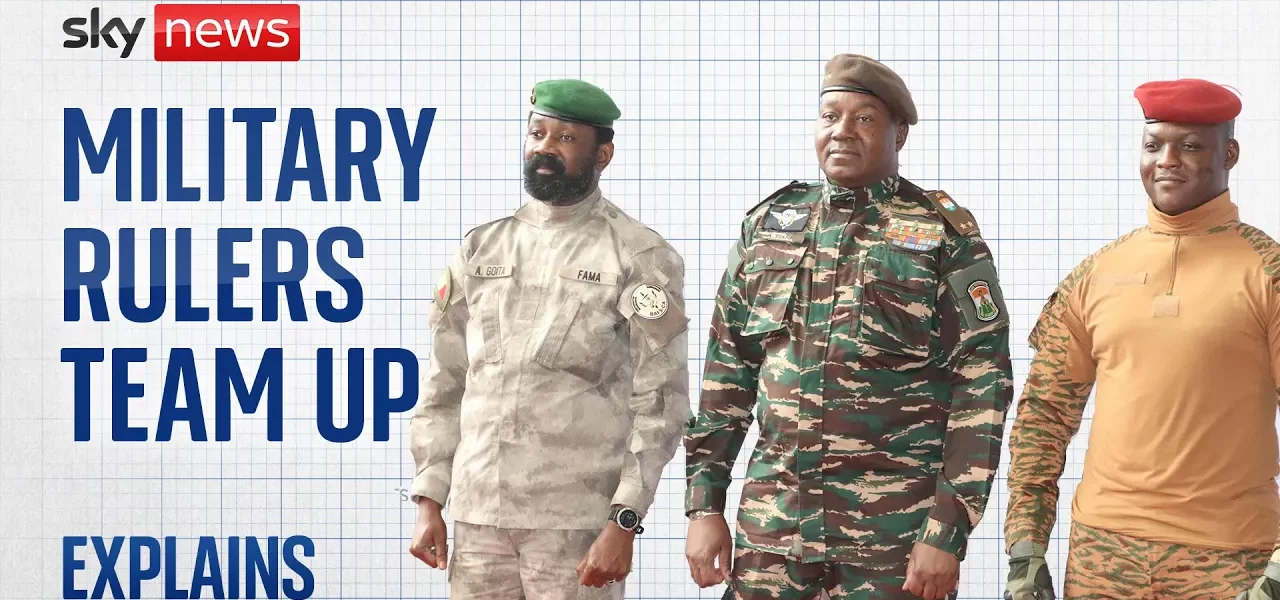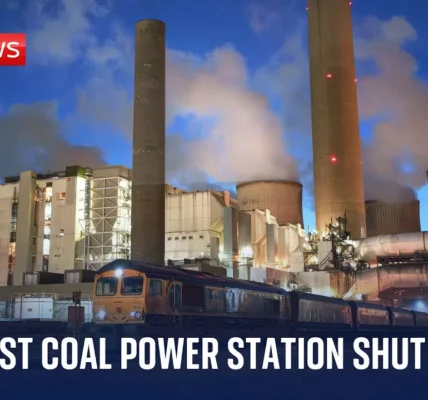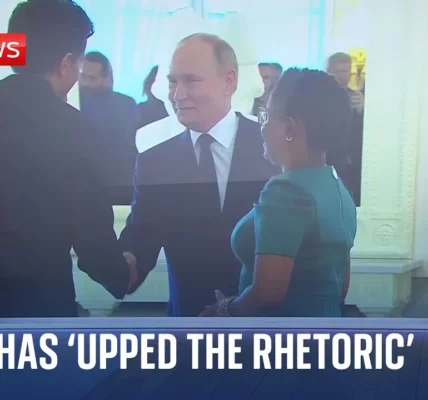This is Niger in 2023: The Impact of Military Takeovers in West Africa

In 2023, Niger witnessed a significant military takeover, marking a pivotal moment in West African politics. This article delves into the implications of these military coups, the response from regional organizations like ECOWAS, and the shifting geopolitical landscape as military rulers seek to redefine alliances and influence within and beyond their borders.
Introduction
West Africa is currently experiencing a wave of military coups that have resulted in the overthrow of democratically elected governments. Niger’s recent military takeover exemplifies a troubling trend where military leaders are stepping into power, altering not only the political landscape but also the region’s relationships with global powers. This article aims to provide an in-depth analysis of the military takeovers in Niger, Mali, and Burkina Faso, exploring the motivations behind these coups, their immediate consequences, and the broader implications for regional stability and international relations.
The Trend of Military Coups in West Africa
In recent years, West Africa has seen a surge in military coups, reflecting widespread discontent with political leadership and governance failures. Here’s a closer look at the situation:
- Recent Coups: Niger, Mali, and Burkina Faso have all experienced military takeovers that have reshaped their governments.
- Common Factors: Economic hardship, insecurity from jihadist groups, and anti-Western sentiment have fueled these movements.
- International Response: Coups have been met with condemnation from international bodies, yet military leaders remain undeterred.
ECOWAS and its Challenges
The Economic Community of West African States (ECOWAS) plays a crucial role in regional politics. However, its influence is waning in the face of military defiance:
Background of ECOWAS
Established in 1975, ECOWAS aims to promote economic integration and political stability among its member states, many of which are former colonies of European powers. However, the organization is currently facing a critical challenge:
Response to Coups
Following the coup in Niger, ECOWAS issued a deadline for the reinstatement of the ousted president. The military junta’s failure to comply led to:
- Sanctions against the junta.
- Suspension from ECOWAS activities.
- Military threats that ultimately proved ineffective.
Formation of the Alliance of Sahel States
In a significant move, Niger, Mali, and Burkina Faso abandoned ECOWAS to form the Alliance of Sahel States, signaling a shift in regional alliances. This new group aims to:
- Enhance cooperation among member states.
- Pool resources for energy, investment, and security.
Geopolitical Implications
The military leaders of Niger, Mali, and Burkina Faso are not only focused on regional issues but are also redefining their foreign relations:
Shifting Alliances: Russia and Beyond
As these nations turn away from Western influence, they are increasingly courting relationships with Russia and other global powers:
- Anti-French Sentiment: Long-standing resentment against France for its colonial past has fueled a desire to distance from French influence.
- Russian Engagement: Military cooperation and economic partnerships with Russia are on the rise, with these nations seeking to enhance their sovereignty.
- China and Other Powers: In addition to Russia, countries like China and Turkey are gaining influence by providing alternative partnerships.
The Impact on Security
As these military rulers focus on domestic security, they are joining forces to combat jihadist insurgencies, which pose a significant threat to regional stability:
- Formation of joint operations against violent extremist groups.
- Increased military spending and collaboration on security strategies.
- Potential for regional instability spilling over into neighboring countries.
Conclusion
The military takeovers in West Africa represent a profound shift in the political landscape of the region. As Niger, Mali, and Burkina Faso navigate their new realities, the implications for regional stability, international relations, and global security are significant. The rise of military juntas could reshape the future of West Africa for decades to come. It is crucial for the international community to engage thoughtfully with these developments, understanding the complex dynamics at play. For more insights into the geopolitical shifts in Africa, check out our related articles on [West African Politics](#) and [The Role of ECOWAS](#).
“`




